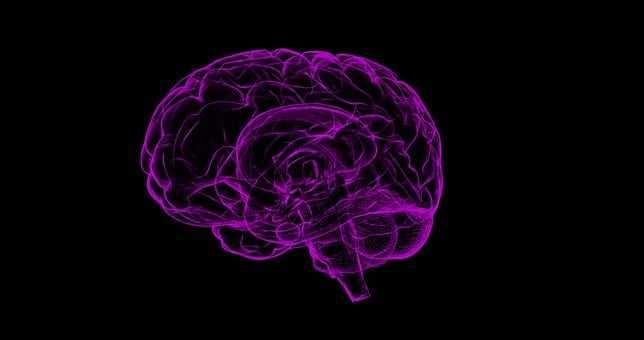Cognitive Load Theory: Explaining our fight for focus
Curated from: bbc.com
Ideas, facts & insights covering these topics:
3 ideas
·3.78K reads
22
Explore the World's Best Ideas
Join today and uncover 100+ curated journeys from 50+ topics. Unlock access to our mobile app with extensive features.
Explaining Cognitive Load Theory (CLT)
CLT identifies our minds as information processing systems.
When we work on an unfamiliar task, we depend on our "working memory". It is limited in its capacity and period of time it holds information. The less familiar you are with a task, the more you depend on your working memory. However, when you are familiar with a job, you can complete it on auto-pilot.
249
1.44K reads
Overloading the working memory capacity
Your working memory capacity can be overloaded in three ways, making you feel mentally drained:
- New routines can prevent you from the ability to do things on auto-pilot and will instead draw on your limited working memory capacity.
- Anxiety also reduces your working memory capacity, making it more challenging to work through any mental problem that needs problem-solving.
- Distractions that are not directly relevant to your tasks can further increase the demand on your working memory capacity.
260
1.09K reads
Effective remedial strategies
- Try to establish new routines and master them so that you are not constantly using your working memory capacity for mundane tasks.
- It's important to put effort into stress management, meaning eating well, exercising, establishing a bedtime routine, and finding relaxing activities.
- Focus on organising your time for your tasks and try to be disciplined about distractions.
277
1.24K reads
IDEAS CURATED BY
Connor H.'s ideas are part of this journey:
Learn more about problemsolving with this collection
How to find purpose and meaning in life
How to cultivate gratitude
Techniques for managing negative thoughts
Related collections
Similar ideas
3 ideas
Productive cognitive load
nesslabs.com
8 ideas
Read & Learn
20x Faster
without
deepstash
with
deepstash
with
deepstash
Personalized microlearning
—
100+ Learning Journeys
—
Access to 200,000+ ideas
—
Access to the mobile app
—
Unlimited idea saving
—
—
Unlimited history
—
—
Unlimited listening to ideas
—
—
Downloading & offline access
—
—
Supercharge your mind with one idea per day
Enter your email and spend 1 minute every day to learn something new.
I agree to receive email updates

